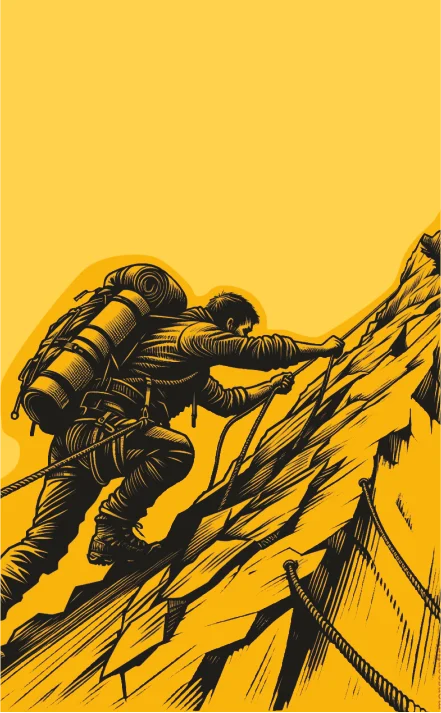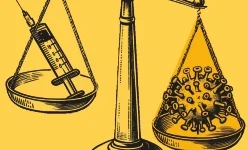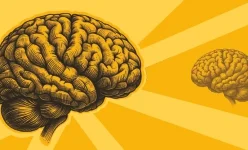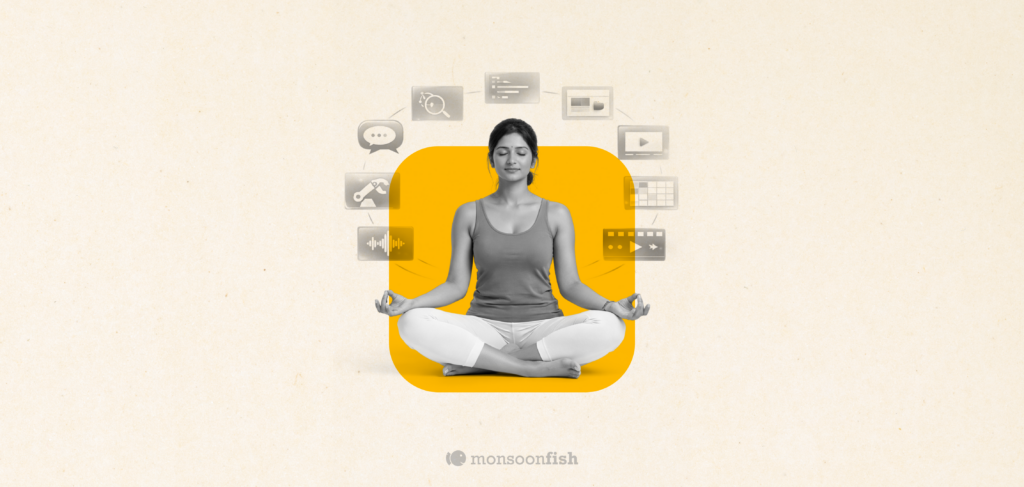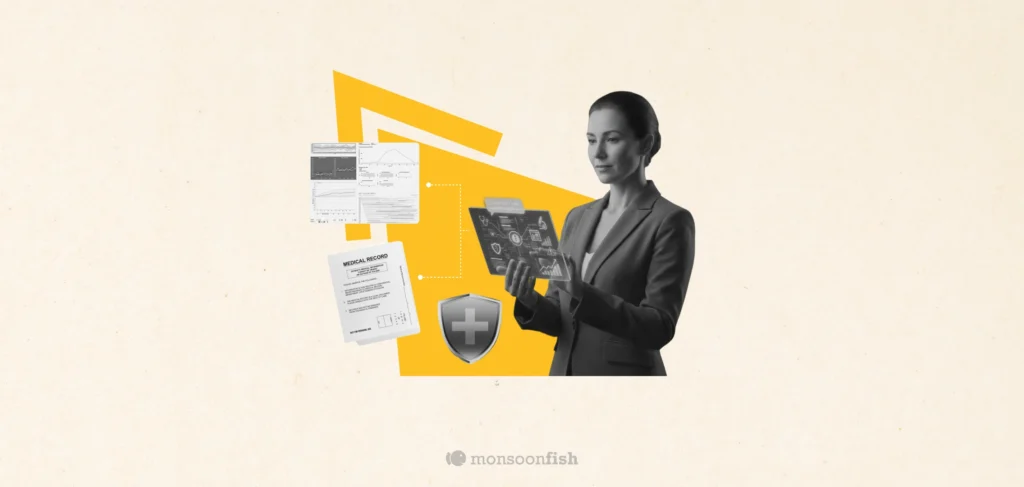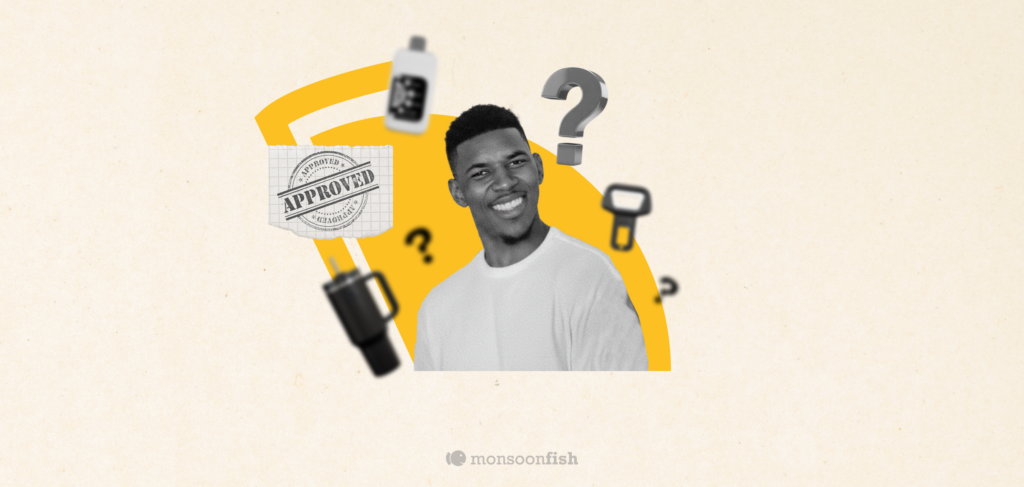David had always wanted to run a marathon. After months of training, he finally completed his first 42-kilometer journey. At the finish line, exhaustion was written all over his face, but so was a triumphant smile.
A few weeks later, at a family gathering, his cousin asked, “How was the marathon? Was it tough?”
David leaned back and grinned. “It was incredible! The energy, the crowd cheering, the last sprint to the finish line—it felt amazing.” He recounted how he felt unstoppable, how the adrenaline rush pushed him forward, and how crossing the finish line was one of the best experiences of his life.
What he didn’t mention—because he hardly remembered it—were the miles in between. The aching muscles, the moments of doubt, the heat that made every step feel like a struggle. He forgot the part where he almost quit at kilometer 30, when his legs felt like lead and his lungs burned. In his memory, those moments had blurred into the background, overshadowed by the final surge of triumph.
When Recall bias is at play people tend to remember highlights—the best or worst moments—while overlooking the mundane or difficult parts. Just like mountaineers forget the struggles of climbing but vividly recall reaching the summit, David remembered the thrill of finishing, not the grueling hours leading up to it.
It’s why people often underestimate challenges they once faced, convincing themselves it wasn’t that hard—until they try it again and wonder, “Why did I think this was easy?”

